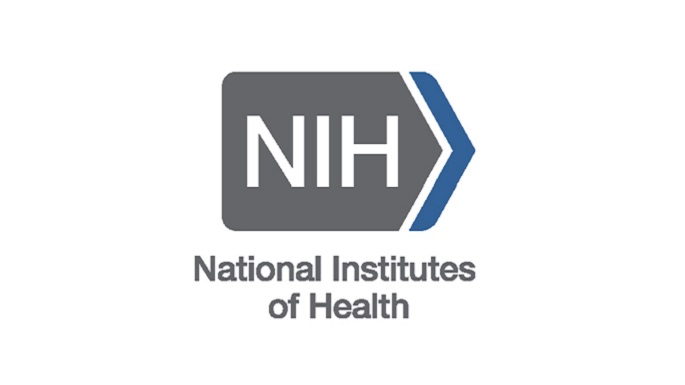Grape Skin Compound Fights the Complications of Diabetes
Resveratrol in grape skins could stop diabetic complications such as heart disease, retinopathy and nephropathy, research finds.
Study Details How Diabetes Drives Atherosclerosis
Researchers have discovered how diabetes, by driving inflammation and slowing blood flow, dramatically accelerates atherosclerosis, according to research.
Parents’ High Blood Pressure Associated with Men’s Risk of Hypertension
Individuals who have one or two parents with hypertension appear to have a significantly increased risk of developing elevated blood pressure throughout their adult lives, according to a report.
Dieting and Medication May Reduce High Blood Pressure
Adults with hypertension may be able to lower their weight and their blood pressure by following a weight-loss diet or using the medication orlistat.
Study Identifies Key Factor that Links Metabolic Syndrome
A new study led by researchers at Joslin Diabetes Center has identified insulin resistance in the liver as a key factor in the cause of metabolic syndrome and its associated atherosclerosis.
Lipoic Acid (ALA) Could Reduce Atherosclerosis, Weight Gain
A new study has discovered that supplements of lipoic acid can inhibit formation of arterial lesions, lower triglycerides, and reduce blood vessel inflammation and weight gain - all key issues for addressing cardiovascular disease.
Breakthrough in Lowering Bad Cholesterol, Fatty Acid Levels Could Lead to New Treatments for...
Researchers have found a way to reduce the amount of bad cholesterol and fatty acids that end up in the blood from food the body metabolizes, a key discovery that could lead to new drugs to treat and reverse the effects of Type 2 diabetes and heart disease related to obesity.
Diabetes Medication Linked with Increased Risk of Heart Problems, Death
Older patients treated with the diabetes medications known as thiazolidinediones (which include rosiglitazone) had a significantly increased risk of heart attack, congestive heart failure and death, compared with the use of other hypoglycemic drugs, according to a recent study.
Vitamin E Could Help 40% of Diabetics Ward Off Heart Attacks
Vitamin E supplements can significantly reduce the risk of heart attacks and related deaths for the 40 percent of diabetics who carry a particular version of a gene.
Diabetes Appears to Increase Risk of Death for Patients With Acute Coronary Syndromes
Individuals with diabetes and acute coronary syndromes (ACS) such as a heart attack or unstable angina have an increased risk of death at 30 days and one year after ACS, compared with ACS patients without diabetes.
Abnormal Fat Metabolism Underlies Heart Problems in Diabetic Patients
In those with diabetes, cardiovascular complications occur at an earlier age and often result in premature death, making heart disease the major killer of diabetic people. But why?
Reanalysis of Controversial Meta-Analysis Says Writing Off Rosiglitazone May Be Premature
A re-analysis of the data used linking heart problems to Rosiglitazone (Avandia) for the treatment of type 2 diabetes suggests that the earlier methodology may have resulted in inflated risk estimates.
Using Stem Cells to Help Heart Attack Victims
New research at The University of Nottingham is paving the way for techniques that use stem cells to repair the damage caused by heart attacks.
Metabolic Syndrome – Don’t Blame the Belly Fat
Abdominal fat, the spare tire that many of us carry, has long been implicated as a primary suspect in causing the metabolic syndrome, a cluster of conditions that includes the most dangerous heart attack risk factors: prediabetes, diabetes, high blood pressure, and changes in cholesterol.
Consumption of Small Amounts of Dark Chocolate Associated With Reduction in Blood Pressure
Eating about 30 calories a day of dark chocolate was associated with a lowering of blood pressure, without weight gain or other adverse effects.
Risk of Stroke Doubles if Diagnosed with Type 2 Diabetes
Individuals diagnosed with Type 2 diabetes are at double the risk of having a stroke compared to those without diabetes, according to new research.





